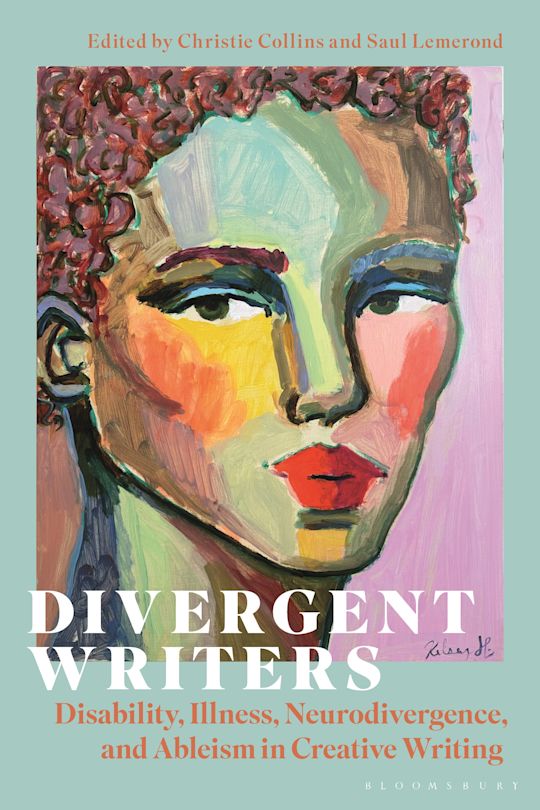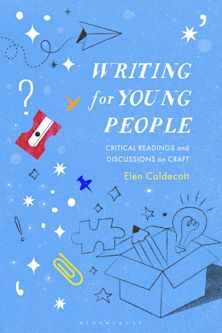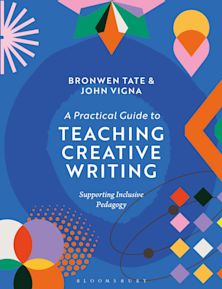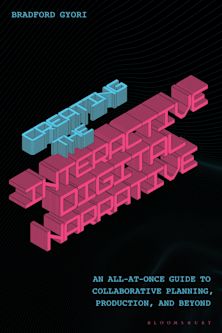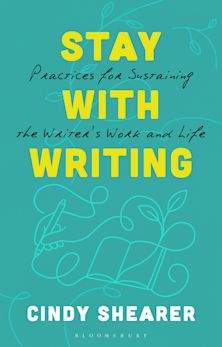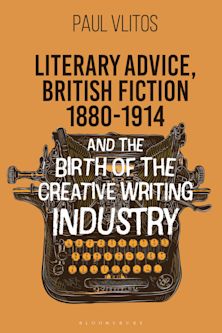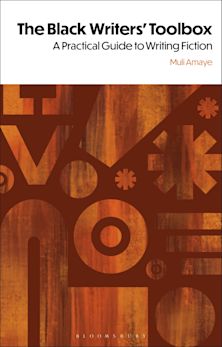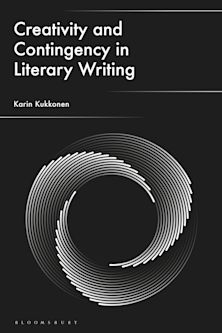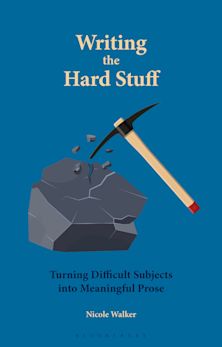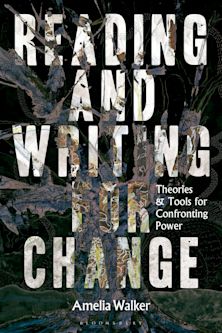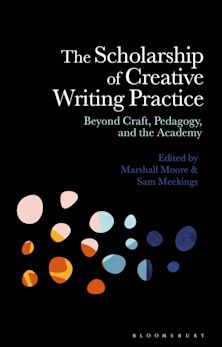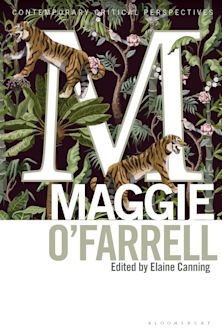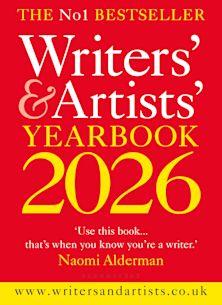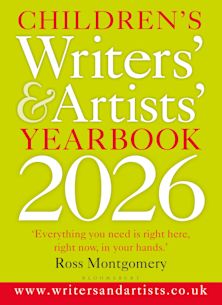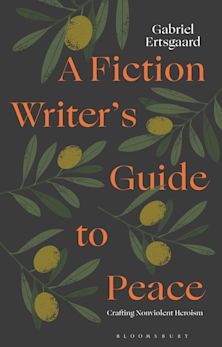Divergent Writers
Disability, Illness, Neurodivergence, and Ableism in Creative Writing
Divergent Writers
Disability, Illness, Neurodivergence, and Ableism in Creative Writing
Payment for this pre-order will be taken when the item becomes available
Description
Bringing together essays from neurodivergent and disabled writers, and writers with chronic illnesses, this collection explores the impact of these experiences and the struggle against such biases within the field of creative writing. Whilst neuro-divergent and disabled writers publish world-class poetry, prose, and drama that moves readers and wins awards, they face many difficulties accessing these achievements - difficulties which often go unnoticed, unmentioned, and underappreciated. Visibility, insight, alternative approaches, and thorough research are all needed to create more inclusive writing environments. This book confronts these issues head on, calling for diversity in the creative writing field, community, and industry, and more equitable spaces in adjacent arenas from academia to publishing.
Broken into four sections, this anthology focuses on creative writing programs, classrooms, the community, and its people, combining narrative, research and practical contributions to the field to offer a mix of practical strategies, personal and pedagogical interventions, critiques, and craft meditations that explore teaching, transformation, evolution, embodied craft, visibility, belonging, injustice, otherness, and views from the outside. With essays and excerpts written by authors and educators from across seven countries, who are each impacted by a wide range of disabilities, including ADHD, autism, blindness, dyslexia, dyspraxia, stroke aphasia, cerebral palsy, bipolar, fibromyalgia, and rheumatoid arthritis, this collection informs, deconstructs and re-imagines to reform and revolutionize normative structures within writing institutions and communities.
Table of Contents
1. Aphasia as Form & Discontent: Adaptations of a Post-Stroke Poet and Teacher, Aidan Coleman
2. A Martian Poetic Tendency: What I Learned about Writing and Teaching After My Autism Diagnosis, Cath Nichols
3. Why Write?: Reframing Personal Creative Writing Practice in the Light of Changing Diagnoses, Oz Hardwick
4. “Me Here-You There:” Writing Contrast without a Self, K. Iver
5. Theory of Whose Mind?: A Very Late-Diagnosed Autistic Writer Claps Back, Julia Lee Barclay-Morton
Part Two: Views from the Inside: Writers Confronting Stigma, Exploitation, & Ableism
6. There is a Charge for the Eyeing of My Scars: Writing the Neurodivergent, Disabled Body for a Dominant Audience, Grace Quantock
7. When Methods Fail: A View from the Perspective of a Dyslexic Writer, Saul Lemerond
8. The Breath of the Bird: My Writing Life with Bipolar Disorder, Celeste Maria Schueler
9. The Gallery Effect: The Visibly Disabled Writer in the Real World, Tyler Darnell
10. What do You Really Want to Say: A Creative Writing MA Student's Experience with Rejection Sensitive Dysphoria (RSD), Beth Rees
Part Three: Dismantling the Traditional Writing Workshop: Interventions, Reckonings, & Inclusive Alternatives
10. Do Away with Writing Workshops: An Anti-Ableist Treatise, Said Shaiye
11. Perfection of the (Care) Work: A Traditional MFA Workshop Experience: vs. A Disability-Centric Workshop Experience, Shane Neilson
12. Poem Brut: What the Writing Workshop Can Learn from the Outside World, Julia Rose Lewis
13. Spinning Words: Poetry Creation by Autistic People from Brazil, Gustavo Henrique Rückert
Part Four: Ableism in Higher Education, Writing Programs, & Academia: Insights, Pedagogy, & Visibility
14. “Reduced to Depraved Animals”: The Need for Faculty and Administrators to Consider Disabled, Neurodivergent, and Chronically Ill Students in Creative Writing Programs, Christie Collins
15. Teaching Creative Writing to Neurodivergent Students: A Fairly Friendly FAQ, Leigh Camacho Rourks
16. The Power of Words: Neurodiversity, Authenticity, and Inclusion in the Creative Writing Classroom, Rachel Carney
17. Embodiment and the Body in Pain: Observations from a Poet in Academia, Miranda L. Barnes
18. Barriers to Neurodiversity: Questioning Practice in & Beyond the Classroom, Audrey T. Heffers
Product details

| Published | 02 Apr 2026 |
|---|---|
| Format | Ebook (PDF) |
| Edition | 1st |
| Extent | 232 |
| ISBN | 9781350501881 |
| Imprint | Bloomsbury Academic |
| Publisher | Bloomsbury Publishing |









